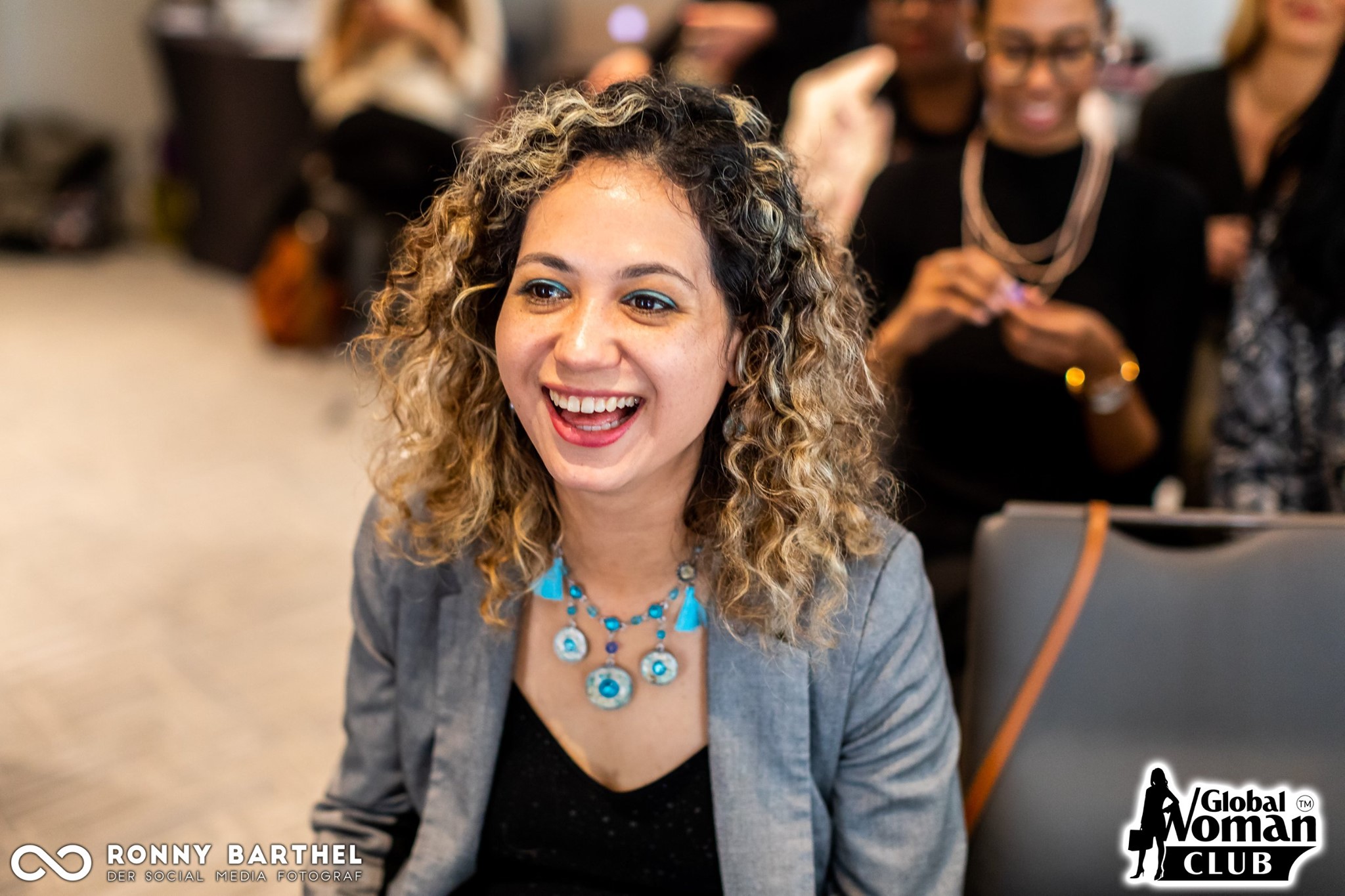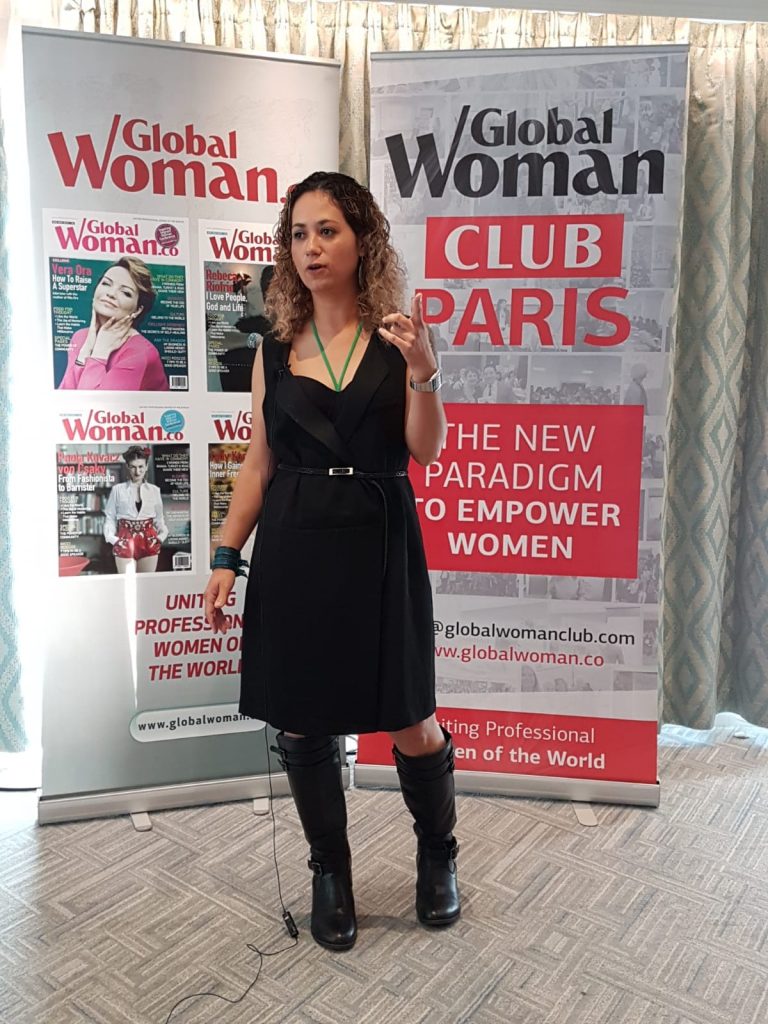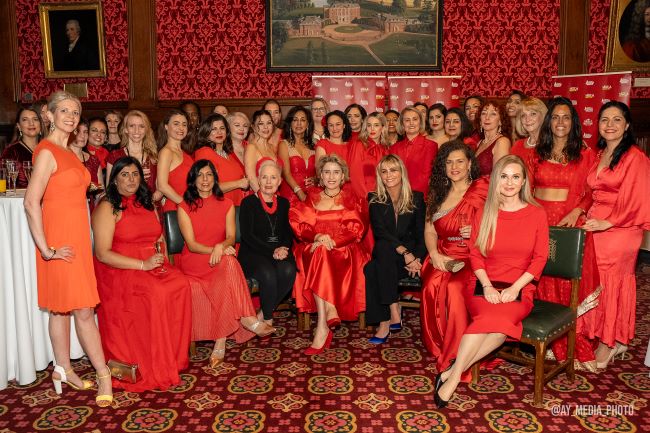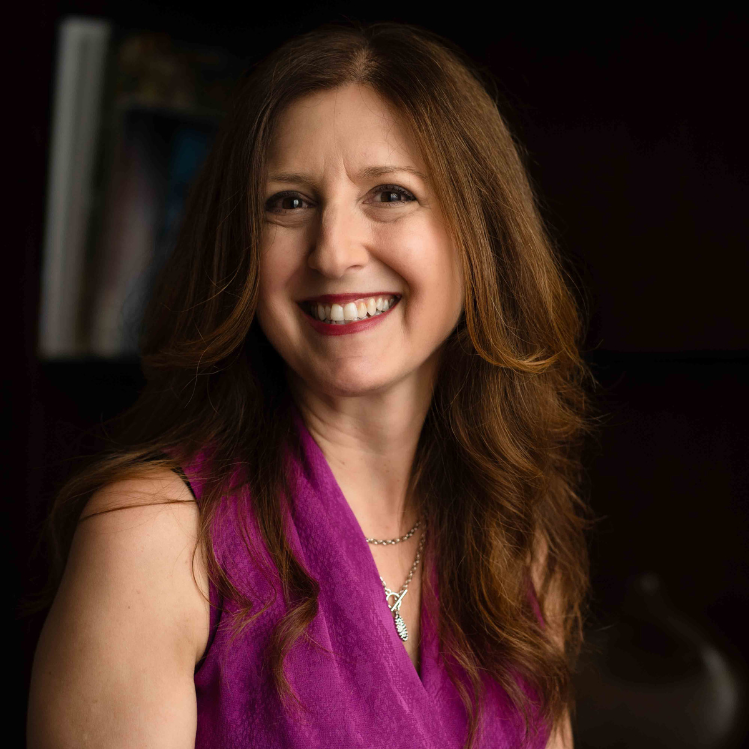
Aline Uara: A Dose of Serotonin and Inner Healing
by Olivia Preston
With aesthetic Instagram feeds to face tuning apps, our society is drowning in beauty standards. Massage therapist and Life Coach, Aline Uara, strips away the filters of social media and focuses on healing within. From sad hormones to happy hormones – a study on massage therapy found that levels of the stress hormone cortisol dropped 31% following a session, while levels of dopamine and serotonin increased roughly 30%. Connecting the mind and body, Aline is always curious to learn, from Japanese massages to the physiology of muscles.
“From the moment we start taking care of the body, we are taking care of the mind…”
From a career working with luxury brands that focus on human vanity to massage therapy and coaching, a focus on healing within – what led to this career transition?
In my professional experience, both in Brazil, in Japan and in France, I realised that many people, especially women, seek the beauty standard dictated by society. There are many expensive or cheap cosmetics brands that, if you apply them to your face, will perfect your skin, and of course, it is important that we take the time to take care of our vanity. However, hoping that using x or y product will fill the hole in your chest, creating the expectation that “I’ll look like that model in the magazine”, or “I’ll never have wrinkles” is impossible.
Everyone will get old. Our body changes over the years, and it’s better to accept it. And that is exactly the vision of Meraki Training Academy. We can be authentic. We can’t be ourselves when we don’t know ourselves well enough, and we get distracted by being what others want us to be. I like to hydrate my skin, take a hot bath, play with my curls, and I love the moles on my face. I’m not a fanatic trying to remove them. With photographers and the deception of Photoshop and endless filters on social networks, I detest this obsession with changing our appearance. I am 41 years old; I no longer have the body of a 20-year-old, what should I do? Accept it, and continue taking care of it.
In wake of lockdown and Covid-19, the post-pandemic society is slowly transitioning to a lifestyle that places wellness above all. What does wellness mean to you, and how do you incorporate it into your life?
Wellness means doing things that make you feel good about yourself. I take good care of myself, my mental and physical health so that I don’t become a drag to the people around me. I want to be selfless and not a “hard to carry” person. We know that physical activity helps in releasing the hormones of happiness and, as a life coach, I need to be well, mentally and physically. Without this, how am I going to have the structure to support all the problems that my clients confide in me?
That’s why I chose a gym that takes care of my body and mind too, as their concept and vision aligned with my own. As I’m single at the moment, I always take the time to see my friends after work or I invite interesting people to have breakfast with me. This is also part of my wellness routine. Everyone is different, and each person will have a unique way of taking care of themselves. Some people are social butterflies and others need to isolate themselves for 2 hours in a bubble every day. To know what is the best way to take care of yourself, the tool I use is body analysis.
What inspired you to write your book?
I decided to co-author the book “The Courageous Path to Empowerment” because I thrived in a group environment. The book focuses on overcoming adversities and building a business. At the time, we still didn’t know exactly what the theme would be, but I felt connected to the businesswomen from all different nationalities. As someone from a mixture of races and cultures, it fascinated me. I am Brazilian, of Japanese, Italian and Portuguese descent and until now, I have lived more of my life abroad than in my own country. The fact that I’m “multicultural” for some can spell trouble. Growing up in a family from all over the world, I’ve heard people say that it must be mentally chaotic. However, I enjoy the rich cultures of my background.

What would your advice be to women wanting to start their own business?
Get to know yourself. Know what you are very good at and what you are not good at. The logic of life is very simple. You have 2 legs. The right is money and professional life. On the left is relationships. Whenever you take a step with your right leg, the next step will be with your left leg and vice versa. Each time you earn more money, take a step with your left leg. Invest in healthy relationships, whether that’s family, friendship or marriage. If you are single, do your best not to depend on your parents financially or emotionally.
You say that companies should focus on their employees first, why do you believe this is integral to company culture?
Simply because I lived and still live it. It works. My first job was at Sony, in Kohda-shi, Aichi-ken, Japan. The Japanese took very good care of me. They took notice of my ADHD and instead of treating me like a handicap, they took advantage of my quick thinking and ability to improvise rather than handing me a badge telling everyone I needed special care. We had buses that picked us up at our door to go to work, tennis court on the weekends, breaks from work to do gymnastics, massages, etc. From the moment we start taking care of the body, we are taking care of the mind, because physical activity reduces stress, and as a consequence, increases productivity in companies.
Another important thing I experienced in Japan is clarity in communication. We knew the goals for the day, week, and month. We knew each other very well and the company’s vision and mission. Today, at Meraki Training Academy, the CEO always talks about having an intention and goal for the day. We have a very clear communication about the goals of the month, the week or the day, depending on the unforeseen that can happen. At both companies, I am free to be myself and express my ideas. Honestly, I don’t think I have ADHD. Some people say that because I don’t sit too long, and? Well, it’s just my way of being.
What lessons can be learned from your career journey?
Don’t count on your parents
At 18 I decided to leave Brazil and live in Japan. I created my financial independence through companies like Sony and Toyota. I advise young people to be both financially and emotionally independent. My father has an eight figure equity in real estate in Brazil, but I don’t count on that. I live my life as if I’ll never need anything from him. If the day comes, I’ll be mature enough to know where to invest. My father also manages everything and doesn’t put any pressure on me to take care of his things.
Keep learning
During my work in Japan, I discovered what I was good at and what I wasn’t so good at. I went through a career transition from assistant quality control to massage therapy. I returned to Brazil in 2007, I studied Physical Education with an emphasis on managing sports events with the aim of improving my knowledge of administration and the human body to improve my massages. And I still haven’t stopped improving. Being curious, always researching, and keeping up to date in your area of expertise is vital.
Healthy environments
Eliminate negative people from your life, even if you have to reduce contact or cut them out completely from your family. It might hurt, but remember the phrase: “there is no way to make omelettes without breaking eggs”. For me, this is essential.
Edited by Sujany Baleswaran





